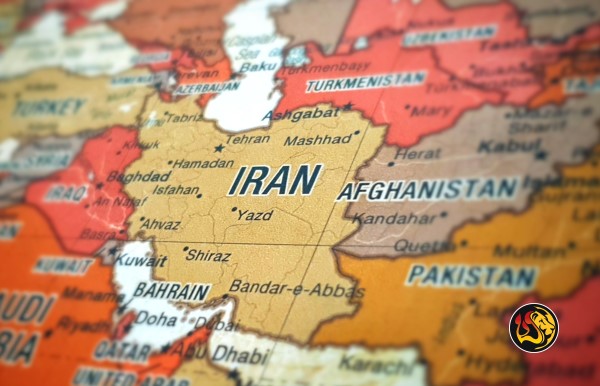By Stefan J. Bos, Chief International Correspondent Worthy News
(Worthy News) - Christians in Iran meeting mostly in secret house groups to avoid detection by police face new challenges as the Islamic government seeks more internet restrictions, according to sources familiar with the situation.
"To get past the rigorous restrictions already in place, many Iranians use [techonology known as] 'proxy servers' or 'VPNs' to work around the government-imposed internet filters," explained the Voice Of the Martyrs Canada (VOMC) advocacy group. "However, the proposed law would
criminalize the sale or distribution of any such technologies," VOMC told Worthy News in a statement.
According to people familiar with the government's thinking, restrictions are also placed on social media platforms.
Foreign services such as social media Facebook, YouTube, and Instagram would require registration with Iranian authorities. They would "be subjected to their oversight," VOMC warned. "The bill also puts control of the internet into the hands of Iran's armed forces."
The legal wrangling further complicates the lives of Iranian Christians, including many former Muslims, suggested VOMC. "Finding encouragement in the Christian faith can be especially difficult in a country like Iran, where tight government controls prevent followers of Christ from meeting together."
MODERN TECHNOLOGY
VOMC added, "modern technology created a platform for ministries to reach out with the Good News of Jesus and provide spiritual help to the many believers who often must worship in secret."
However, it said the proposed law "now threatens to silence the voices of believers from being expressed via the internet."
Experts say that the crackdown on the free flow of internet information is part of a broader media policy. Iran's government also maintains strict control over all forms of printed media, including newspapers. And Iran's leadership is the only entity legally permitted to broadcast on television or radio. "Social media has been an invaluable communication tool for those who do not share its hardline Islamist views," VOMC stressed.
Christians said they are praying that this new proposal will not pass into law. "Also prayerfully intercede for ministries that are presently using the internet to reach into Iran with the message of Christ. Asking God to grant them wisdom and innovative new ways to proclaim the Good News throughout this Muslim-majority nation," VOMC said in a prayer request to supporters.
It added it was also crucial to pray that the country's "millions of existing Iranian Christians will receive ongoing encouragement and strength." VOMC said that it hopes they are trusting in the "Scriptural truth that no humanly devised restrictions can fully halt the effectual work of the Holy Spirit" as mentioned in Bible verse Matthew 16:18.
SUPREME LEADER
The prayers came while Iran's Supreme Leader - the highest power in the land - appeared to strengthen his power base. Ayatollah Ali Khamenei was appointed for life in June 1989, succeeding Ayatollah Khomeini, the founder of the Islamic Republic.
He previously served two consecutive terms as president in the 1980s.
The leader, who already appoints the heads of the judiciary, military, and media, recently also confirmed the election of the new president.
Ebrahim Raisi, a hardline cleric and Khamenei ally, won the 2021 presidential election, potentially increasing the reported persecution of Christians.
Officially his main task will be to try to rebuild the struggling economy. That task is made more difficult by his hostility to the United States, which has imposed crippling sanctions on the country amid concerns about its nuclear program, a reported crackdown on human rights, and its links to terror groups.
Several church sources and experts say that despite increased persecution under Raisi, there may be as many as a million or more devoted Christians in Iran.

